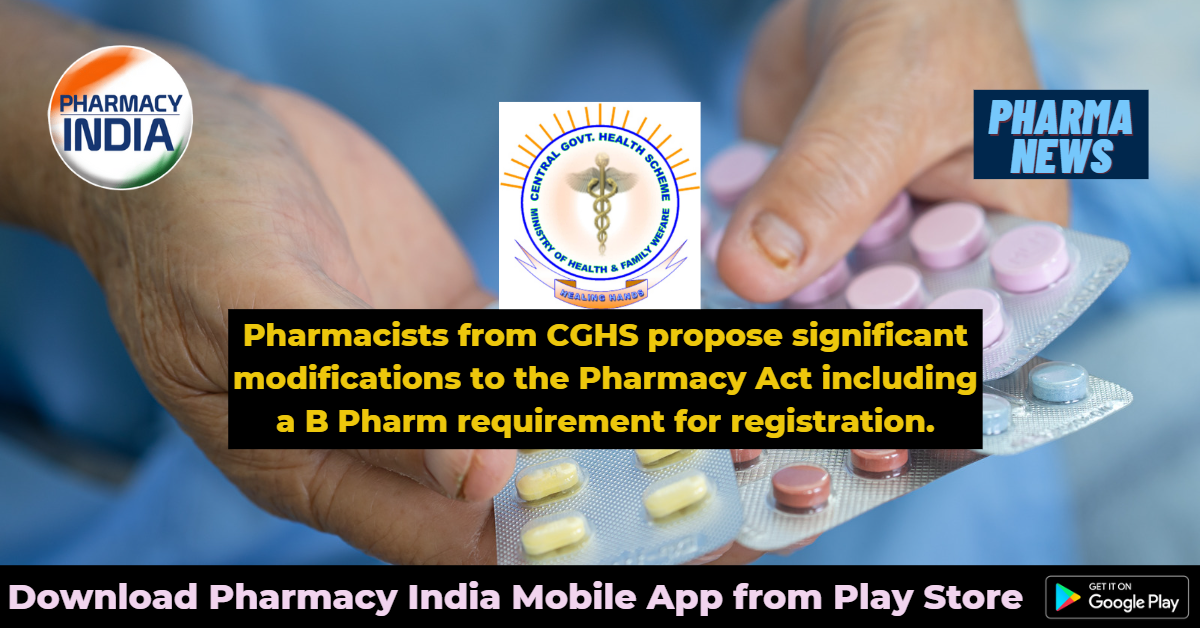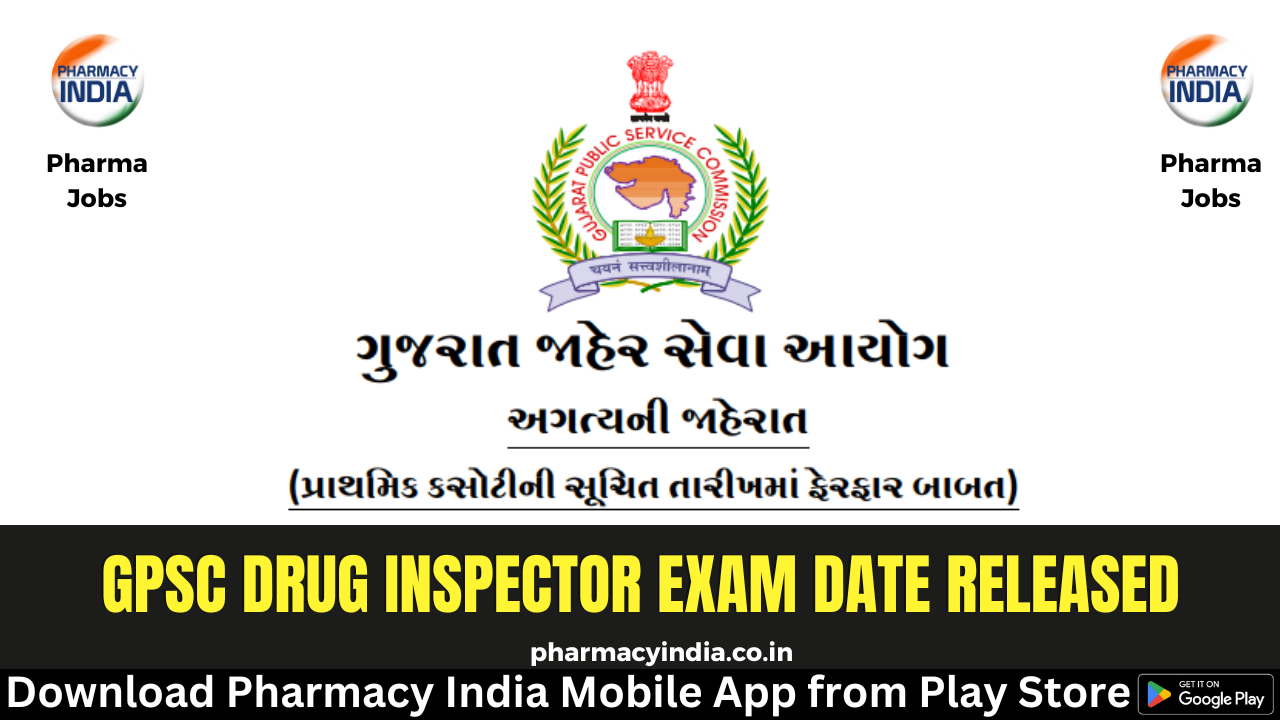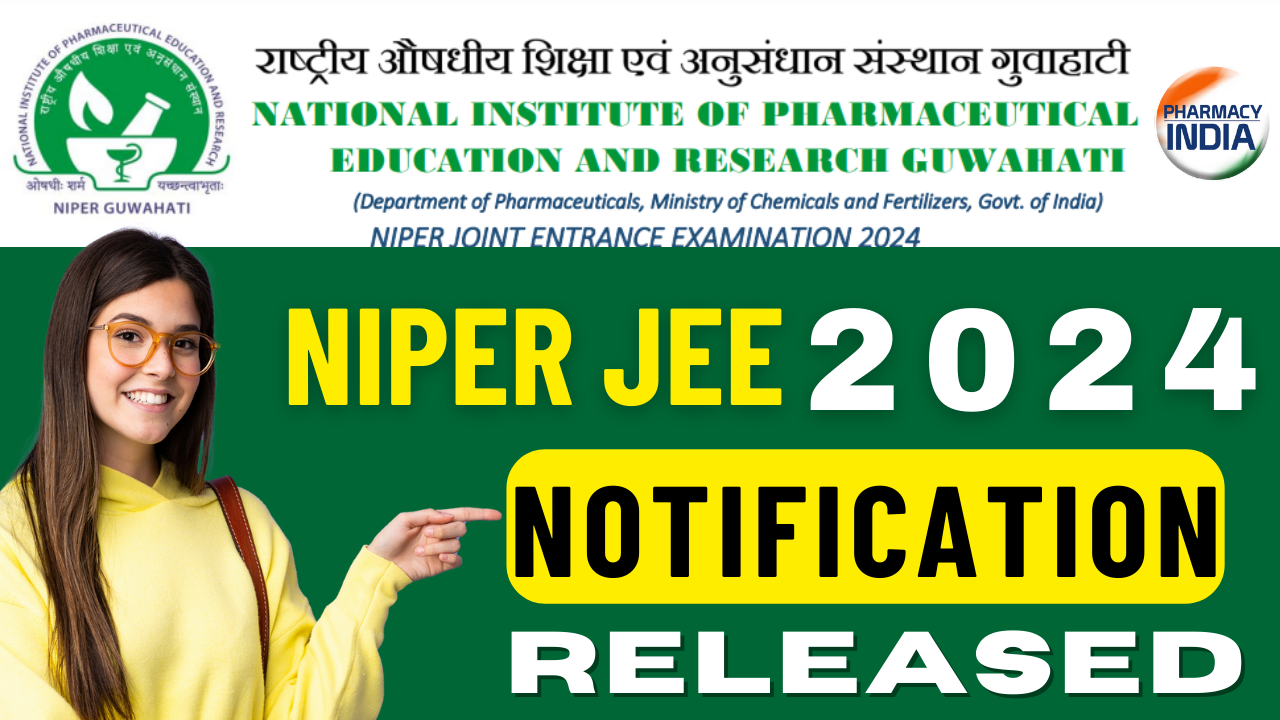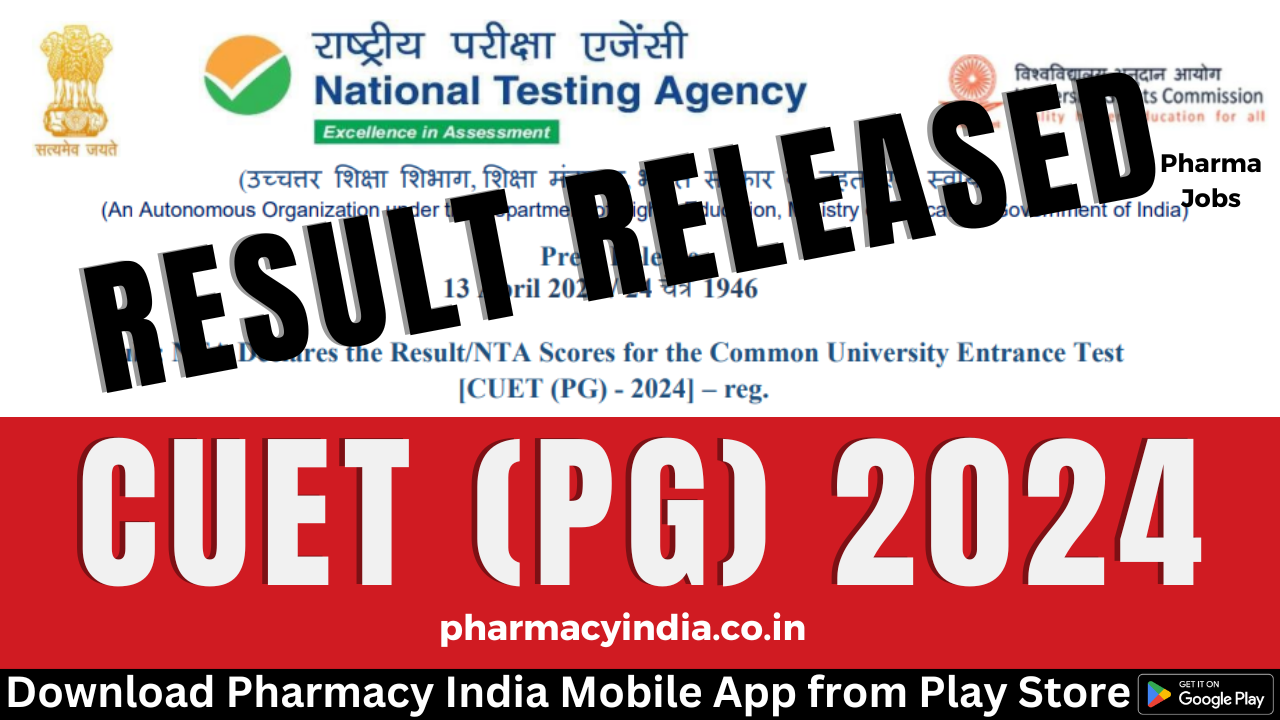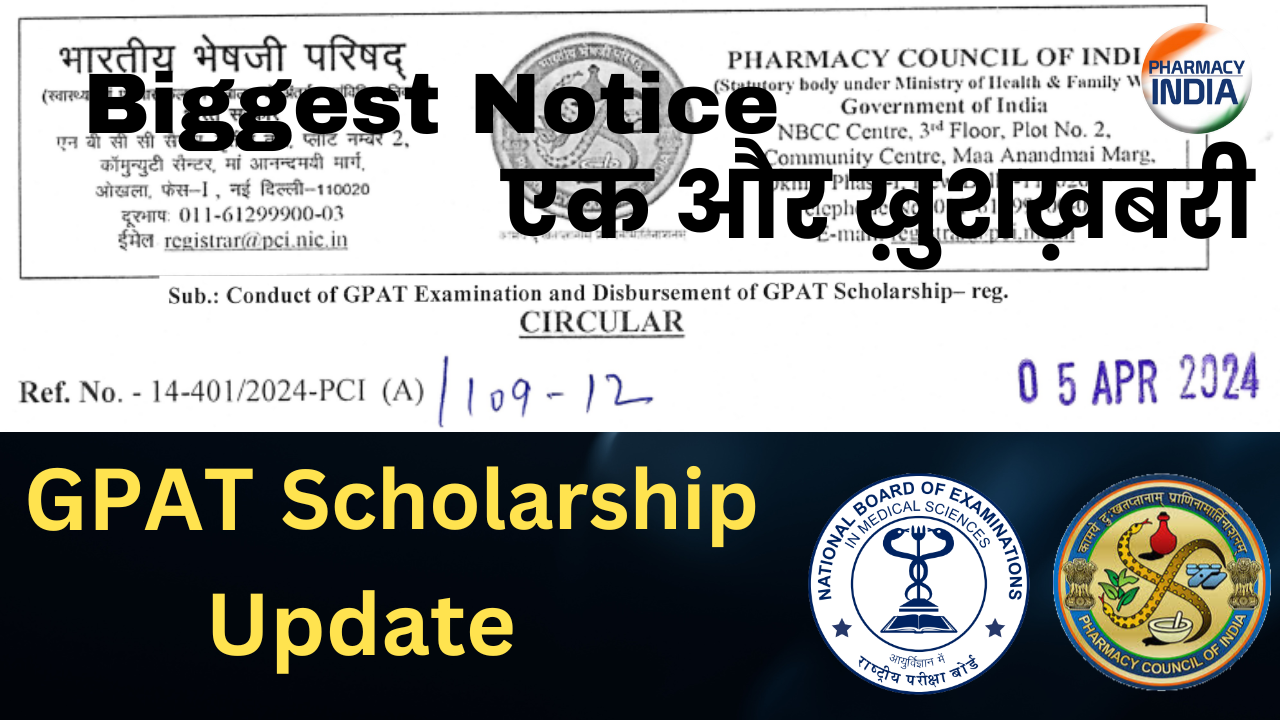The Central Government Health Services (CGHS) chemists have provided some comprehensive suggestions to the expert panel for their review and consideration following the establishment of a 16-member expert committee by the Union health ministry to review the Pharmacy Act and make recommendations for a complete revamping of the structure of the pharmacy profession, education, and the PCI.
They contend that significant amendments to the Pharmacy Act of 1948 are necessary to bring it into compliance with international standards and to expand the number of jobs available for chemists.
With the exception of a few amendments and rules that the council introduced while exercising the authority granted to them, the act has not been changed in the last 75 years with the approval of the Parliament. According to the CGHS professionals, who are the real dispensing pharmacists, the bachelor’s degree in pharmacy (B Pharm) should be the minimum educational requirement for registration as a pharmacist in India, following the model of developed nations. According to the current law, a diploma in pharmacy, also known as a D Pharm, is the prerequisite for registration as a pharmacist.
Similar to this, no pharmacist registration should be approved by a state pharmacy council or a tribunal in any region of India based solely on experience dispensing medications in pharmacies. Only those who have earned a bachelor’s degree in pharmacy (B Pharm) from an accredited institution and have submitted their diploma should be permitted to register. Additionally, they propose that the six elected members of the central council be divided in a ratio of 2+2+1+1 in order to provide for the inclusion of members from the practising, clinical, industrial, and regulatory branches of pharmacy. To include a practising pharmacist and a clinical pharmacist, their number should be decreased from the current four teachers—one from each of pharmaceutical chemistry, pharmacy, pharmacology, and pharmacognosy—to just two. Priority should be placed on choosing candidates who are specialists in each discipline when choosing those to be elected or nominated.
Representatives from the National Pharmaceutical Pricing Authority (NPPA), the Indian Pharmacopoeia Commission, and the Central Drugs Standard Control Organization (CDSCO) should sit on the central council to increase the effectiveness of the pharmacy council (IPC).
The Pharmaceutical Exit Exam (PEE), which has to be made mandatory as a requirement for registration as a pharmacist, should be held as soon as possible. In order to admit more candidates, the exam ought to be held twice a year. This exam’s objective is to evaluate pharmacists’ knowledge and abilities and make sure they adhere to the minimal requirements established by the PCI for the profession.
In their recommendations to the expert group, the CGHS pharmacists suggested thinking about implementing a new policy that would have all state pharmacy council elections and the national president’s election conducted online rather than utilising paper ballots or an offline process. Finally, they propose that the penalty for dispensing by unlicensed pharmacists be increased from the current Rs. 1,000 to a minimum of Rs. 10,000 and that the present six-month sentence for such an offence be increased to two years.


